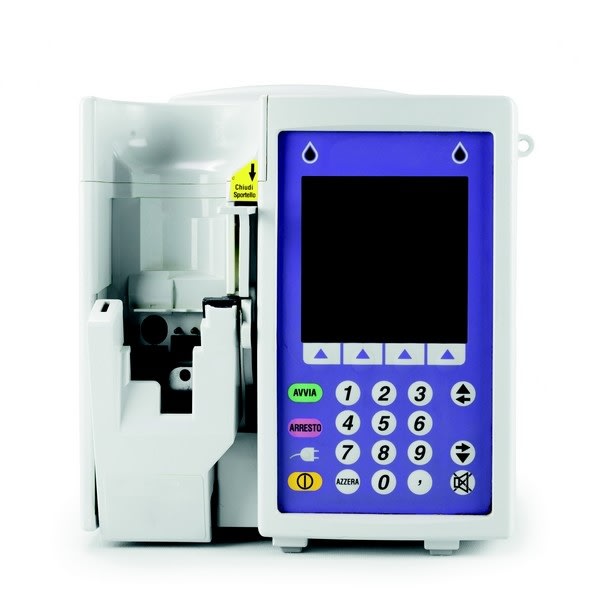A portfolio of materials to help protect patients from infection
SABIC and PDI, a leader in infection-prevention products and solutions for the healthcare industry, have collaborated on a joint study on the environmental stress cracking resistance (ESCR) of SABIC's materials used for medical device enclosures. The two companies evaluated how well SABIC's industry-leading thermoplastics withstand repeated exposure to PDI's Super Sani-Cloth wipes1, one of the leading surface disinfectants widely used in the healthcare environment to help prevent HAIs. Using a testing procedure following ASTM D543 guidelines, the study revealed that several of SABIC's product technologies - including LEXAN EXL (PC) resin, XYLEX (PC/polyester blend) resin and VALOX (PBT) resin - deliver improved compatibility with PDI's leading healthcare-grade disinfectant.These and other products in SABIC's robust portfolio of chemically resistant healthcare materials give manufacturers new options for designing medical applications that maintain outstanding performance, while also addressing the disinfection demands of today's healthcare environment.
XENOY resin, as an example, is an excellent candidate for high-touch healthcare applications that also require strength and rigidity, from portable electronic device housings to hospital bedside rails and footboards.
Evolving global fire safety regulations and compliance with sanitation standards are driving designers and maintenance managers to identify solutions to enhance building safety. LEXAN CLINIWALL sheet can be an excellent candidate for cleanroom surfaces and interior wall claddings in public facilities and hospitals where aesthetics and hygiene are both paramount. Compared to high-pressure laminates, ceramics and steel, the lightweight product may help significantly lower system costs through consolidation of parts to streamline production, and avoidance of secondary operations such as painting and coating, machining and polishing. It typically also offers high impact and scratch resistance, is virtually unbreakable, and can withstand the rigors of harsh chemical cleaning agents typically used in medical environments.




